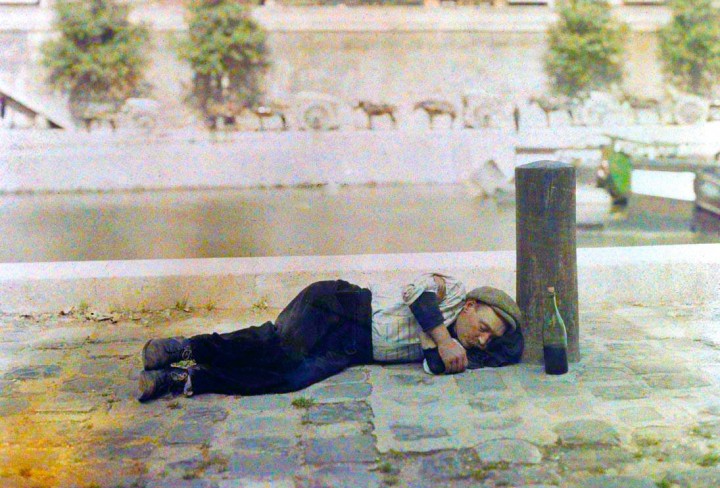
Undoubtedly the most workmanlike class, and the least servile, are the cooks. Cooks, waiters and plongeurs differ greatly in outlook, but they are all alike in being proud of their efficiency. If a man idles, the others soon find him out, and conspire against him to get him sacked. What keeps a hotel going is the fact that the employees take a genuine pride in their work, beastly and silly though it is. (Did not Hamlet say ‘cursing like a scullion’? No doubt Shakespeare had watched scullions at work.) But we are not losing our heads and wasting time we were just stimulating one another for the effort of packing four hours’ work into two hours. A girl in the bakery, aged sixteen, used oaths that would have defeated a cabman. At those times there was scarcely a verb in the hotel except foutre. It was for this reason that during the rush hours the whole staff raged and cursed like demons. Indeed the quarrels are a necessary part of the process, for the pace would never be kept up if everyone did not accuse everyone else of idling. The result is that at mealtimes everyone is doing two men’s work, which is impossible without noise and quarrelling. You cannot, for instance, grill a steak two hours before it is wanted you have to wait till the last moment, by which time a mass of other work has accumulated, and then do it all together, in frantic haste. Hotel work is not particularly hard, but by its nature it comes in rushes and cannot be economized.

But it is really quite unavoidable, and for this reason.



It is something so different from the steady work in a shop or a factory that it looks at first sight like mere bad management. The thing that would astonish anyone coming for the first time into the service quarters of a hotel would be the fearful noise and disorder during the rush hours. IN a few days I had grasped the main principles on which the hotel was run.


 0 kommentar(er)
0 kommentar(er)
